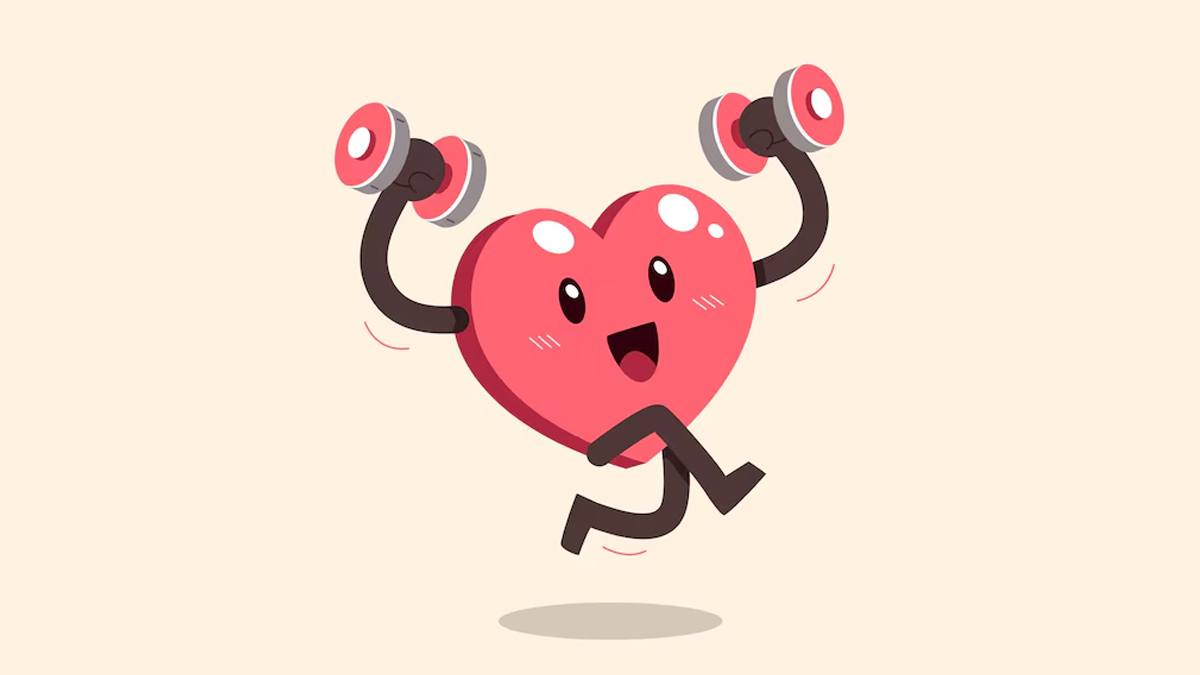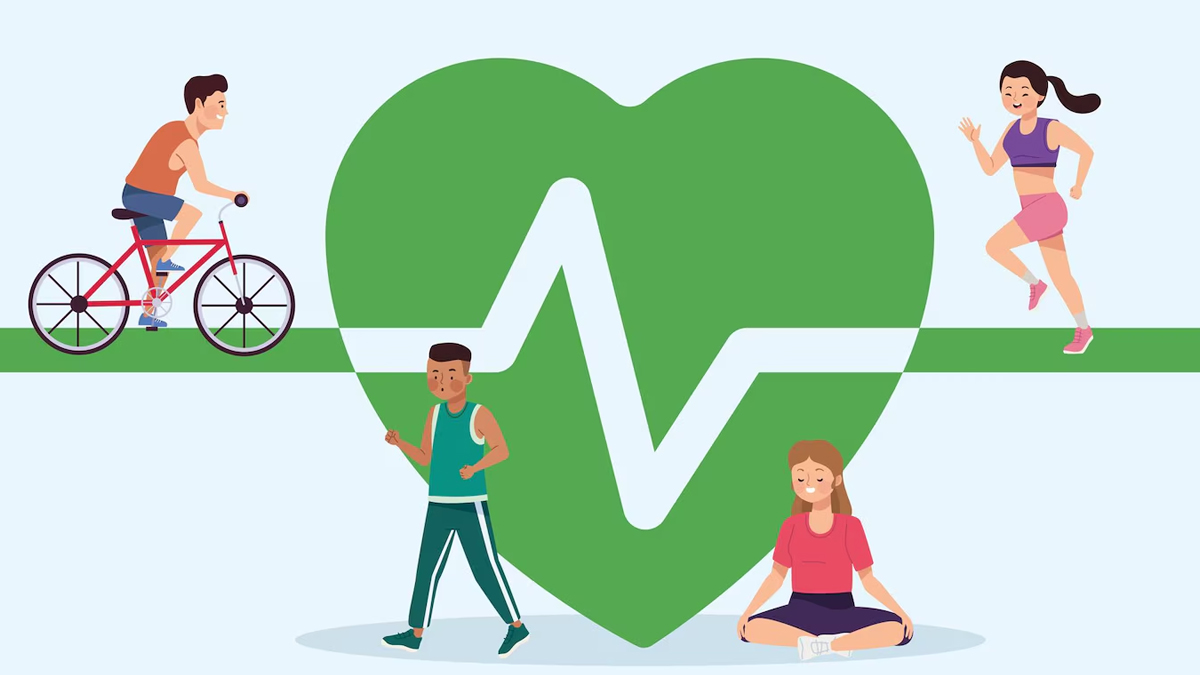
Cardiovascular Diseases (CVDs) are the world's leading cause of death, accounting for an estimated 1.79 crore deaths per year worldwide. CVDs include conditions such as rheumatic heart disease, coronary heart disease, and cerebrovascular disease. Heart attacks and strokes are the cause of over four out of five deaths from CVD, and one-third of these deaths happen prematurely in people under the age of 70. Despite being one of the main causes of death globally, experts claim that most of these deaths can be avoided with early intervention and lifestyle modifications. Here are five scientifically supported strategies to maintain heart health and guard against different heart conditions.
Table of Content:-
Five Tips To Prevent Yourself From Heart Diseases
Dr Anil Malhotra, Cardiologist, New Citi Hospital, UP, lists five science-backed and research proven tips to reduce the risk of heart diseases and ensure a happy and healthy heart:
Exercise, Exercise, Exercise!
No matter what anyone wants you to believe, there is no substitute for physical activity. Research suggests that physical exercise is known as one of the key deterrents against ageing related diseases, whether it is heart health, cognitive function or your overall wellbeing. And there are a plethora of exercises you can try to achieve your fitness goals and at the same time your heart remains pumping and in good shape. You can try aerobic or cardio exercises like walking, running, cycling, or strength training (if feasible) two to three times a week, depending upon your age and fitness level.
Also Read: Boost Your Heart Health: Top 5 Cholesterol-Fighting Foods for Breakfast

Eat Healthy
A lot of people make the mistake of thinking if they do cardio or work out everything else is going to take care of itself. Unfortunately, no matter how much we want it to be true, exercise alone cannot have a major impact unless your diet compliments it. It has to be a two pronged approach.
One should try to avoid inflammatory food (food with high levels of carbs or fats) and ought to adapt to a diet that is primarily non-inflammatory. Ultra-processed food and red meat are inflammatory and should be consumed very judiciously, on the other hand, food such as fish and veggies aren't inflammatory and should be added to your regular diet.
Adequate Sleep
Although sleeping irregularities are often linked to cognitive decline, recent research has suggested that inconsistent and lack of sleep may also contribute to heart diseases. One should develop a healthy routine, and as the old adage goes, early to bed and early to rise… well we cannot assure wealth and wisdom, however, research has proven that it would help heart wise.
Avoid Smoking And Drinking
Doctors and experts have been harping for years, if not decades about the harmful effects of smoking and drinking on the health of your heart. And often, the dangers are self advertised by the manufacturers of each of the addictive and brutally unhealthy substances, however, people still consume it despite knowing the nasty risks.
Also Read: Study Reveals Heart Risks In Women With Type 2 Diabetes

Look After Your Blood Pressure
As we age, hypertension becomes more prevalent and is a significant risk factor for heart disease. Blood pressure of 120/80 mm Hg or less is ideal. However, because arteries stiffen with age, systolic blood pressure frequently rises to around 130 mm Hg. It is still regarded as elevated even though it is common.
To ensure they haven't developed hypertension, everyone should ideally use a home device to check their blood pressure. Changes in lifestyle will usually improve a mild blood pressure abnormality, but medication is likely to be necessary for more significant elevations.
Bottomline
As Dr Malhotra explained, taking good care of your heart is essential for your well being and healthy ageing. And most of the time, heart problems are preventable and could be managed with a slight change in lifestyle. By taking a conscious decision to adapt to strategies that are science based and help you in keeping your heart healthy, we can make sure that different heart conditions remain as far from us as possible.
Also watch this video
How we keep this article up to date:
We work with experts and keep a close eye on the latest in health and wellness. Whenever there is a new research or helpful information, we update our articles with accurate and useful advice.
Current Version